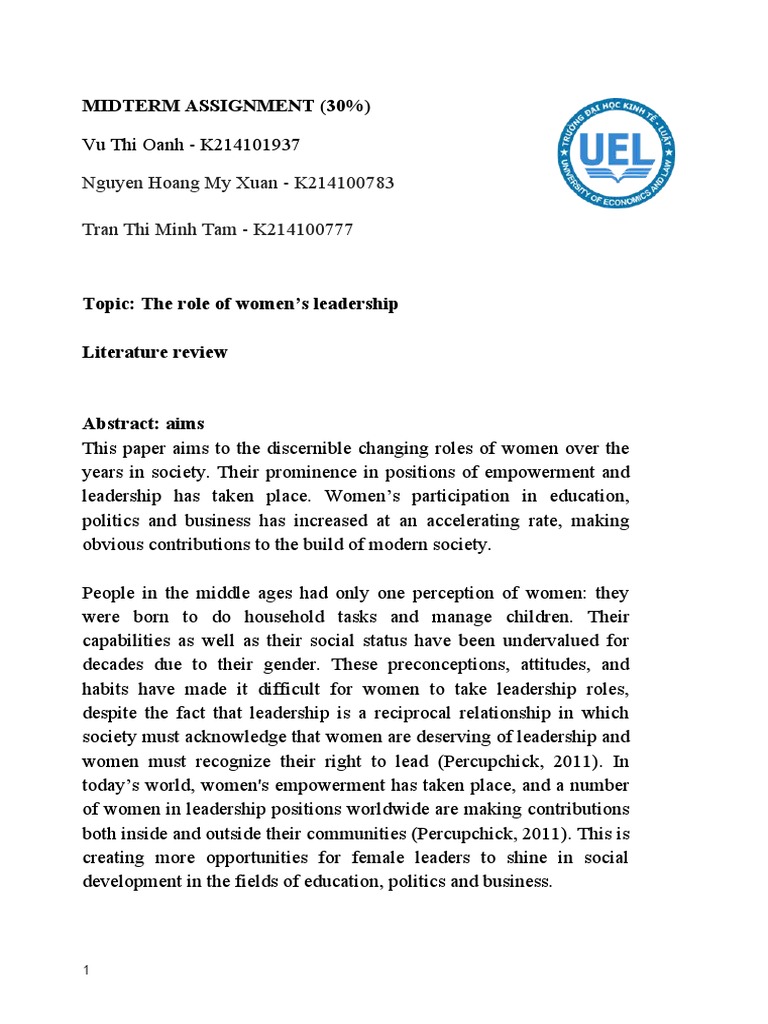The Bahá’í teachings articulate a profound understanding of the role of women in moral leadership and their indispensable contribution to the spirit of service within society. These principles not only underscore the importance of gender equality but also delineate the unique attributes women bring to leadership roles. This examination begins with an exploration of the foundational concepts within the Bahá’í Faith, followed by a detailed discussion of women’s moral leadership, the notion of service, and the synergistic relationship between the two.
At the heart of Bahá’í teachings is the unequivocal affirmation of the equality of the sexes. This principle, articulated in the writings of Bahá’u’lláh and ‘Abdu’l-Bahá, asserts that both men and women are equally endowed with intellectual and spiritual potential. This egalitarian perspective extends beyond mere equity; it advocates for a transformative vision in which women are not merely participants in leadership but rather pivotal agents of change. The emphasis on the inner qualities of women, such as nurturing, compassion, and intuition, is essential in cultivating a spirit of service that permeates their leadership styles.
Women’s moral leadership is characterized by integrity and ethical behavior, crucial prerequisites for effective governance and community organization. This moral compass stems from a deep spiritual foundation, as Bahá’í teachings encourage individuals to align their actions with divine principles. Women embody a distinctive moral authority that arises from their experiences, roles in families, and community engagement. This nurturant quality often translates into leadership that prioritizes collaboration, consensus-building, and a focus on collective well-being.
The notion of moral leadership not only advocates for ethical decision-making but also emphasizes the necessity of empathy. Empathetic leaders are able to forge connections and inspire trust. In Bahá’í communities, this type of leadership promotes inclusiveness and facilitates a collaborative atmosphere where diverse voices are heard. Women’s ability to empathize is particularly critical in addressing social issues and fostering harmonious relations within communities. This empathetic approach aligns with Bahá’í values, which encourage a commitment to social justice and the reduction of disparities.
Moreover, women embody the spirit of service within their communities. This is predicated on the belief that service to humanity is one of the highest forms of worship and a means of implementing justice. Service becomes a manifestation of moral leadership, as it allows leaders to transcend personal ambitions in favor of uplifting others. Bahá’í teachings encourage acts of service that range from grassroots community projects to broader humanitarian initiatives. Women frequently lead these efforts, bringing their unique perspectives and experiences to the forefront.
The intersection of women’s moral leadership and the spirit of service is evident in the myriad programs and initiatives launched by women within the Bahá’í community. These initiatives often focus on education, health, and social development, aiming to empower not only women but entire communities. By investing in the education of girls and facilitating women’s access to healthcare, the Bahá’í community exemplifies its commitment to creating a more just and equitable society.
Furthermore, the emphasis on education aligns with the belief that knowledge is the most potent means of transformation. Bahá’í teachings advocate for the education of both genders, recognizing that the enlightenment of women is integral to societal progress. Educated women emerge as influential leaders who can advocate for change, mentor future generations, and contribute significantly to their communities’ resilience.
In addition to education, women in Bahá’í communities are encouraged to engage in various forms of social action, whether through teaching, mentoring, or volunteering. These actions are rooted in a sincere desire to serve humanity, drawing upon the understanding that every individual has a role to play in fostering harmony and unity. The spirit of service nurtures an environment where women’s contributions are valued and recognized as essential to the collective progress of society.
As women gain prominence in leadership roles, the Bahá’í community also emphasizes the importance of mentorship and support networks. Women are often encouraged to mentor one another, creating a legacy of support that fosters leadership among future generations. By establishing strong networks of collaboration, women can enhance their capacities for effective leadership and service, thus ensuring the continuity of this moral leadership paradigm.
In light of contemporary societal challenges, the role of women as moral leaders and servants becomes increasingly significant. The global community benefits from diverse perspectives and approaches that address the myriad of issues we face today. Bahá’í teachings provide a framework that champions the involvement of women in leadership, recognizing that their moral authority and commitment to service are pivotal in cultivating societies founded on justice, equality, and peace.
In conclusion, the Bahá’í teachings encapsulate a transformative vision whereby women’s moral leadership and the spirit of service are interwoven into the fabric of society. By embracing the principles of equality, empathy, moral integrity, and active service, women can play a vital role in reshaping communities and promoting social transformation. The call to action is clear; as we advance towards a more inclusive future, the unique contributions of women must be acknowledged, valued, and celebrated. Through the lens of Bahá’í principles, the elevation of women as moral leaders and dedicated servants is not merely an ideal but an imperative, one that promises to create a more just and harmonious world for all.
